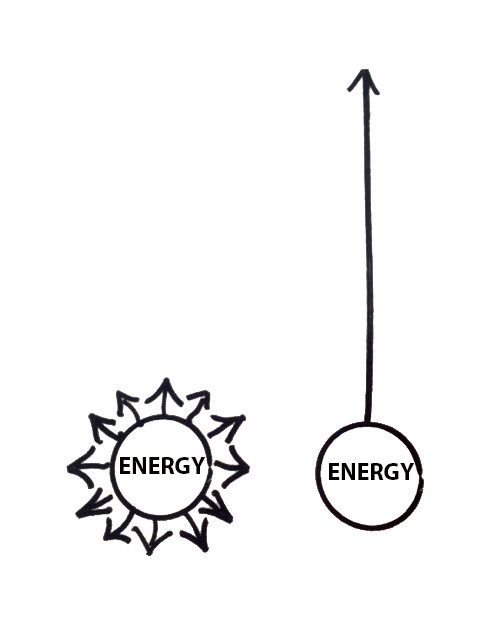Essentialism: The disciplined pursuit of less.
I bought this book in 2015 at the MIT Coop, a bookstore/cooperative founded at Harvard in 1882, and which continues to serve Harvard and MIT students to this day.
Since then, I believe I have read this book about 4 or 5 times. And it has helped me a lot each time.
I have a curious mind that wants to learn a little bit of everything. I don’t have an essentialist spirit, but I have a great admiration for those who have that focus and discipline. I am aware that I can improve a lot when I walk in that direction.
That’s why I’ve read this book so many times. It always helps me to put my feet on the ground and focus on what matters, when my excess curiosity is getting in the way.
The main message of the book is simple: learn to separate what is trivial from what is essential. Discard the trivial and keep the essential.

Instead of dividing your energy among several initiatives that are poorly aligned with your goal and of lesser importance, he suggests that the essentialist spend a lot of time identifying where to allocate their energy. But when they identify what will be the project with the greatest impact, they should allocate all their energy to it.
It’s not a disruptive idea, or particularly new. It’s addressed in a very similar way in the first chapter of Great at Work, where the author presents the concept of Do less, then obsess. But in today’s world, with so much information, noise, and possibilities, he rescues this minimalist vision, present since stoicism.
The way the author presents the idea is also interesting, as he brings a structured approach to dealing with essentialism. Full of real examples, he manages to show that essentialism is not something that you do, but something that you live, in the most diverse facets of life.
It’s a book that I always recommend whenever I can! :)